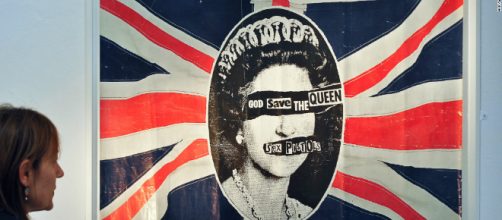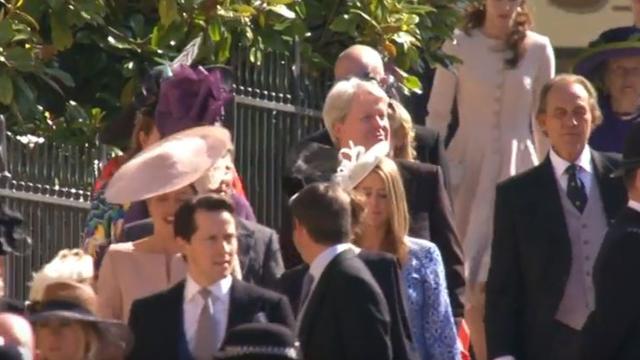THE MONARCHY as we know it has existed since the Anglo-Saxons were defeated by the Normans led by William the Conqueror who became William I. But what does their existence within a supposed democracy tell us about that country? Many royalists argue that they are a vital economic tool and that their cost is vastly outweighed by the benefits.
However, whilst there are reports that claim the royal family bring more into the economy than they take out, is that down to the royal family themselves or the history that they represent? Suffice to say that most Brits aren’t overly fussed by the royal wedding today.
An authoritative social structure
The royal family themselves as people aren’t inherently bad people but are born within immense privilege than most people will ever have. Not only are they very wealthy but they aren’t required to work a day in their life, however, they do tend to choose to work as well as undertake diplomatic relations around the world. As previously mentioned many royalists make the economic argument and you can find reports that both back up claims that they are economically beneficial and vice versa, yet those who argue the case in favour tend to miss the symbolism and the inherent social structure created with a monarchy.
There is severe structural inequality within a nation that has a monarchy through the means of class and ‘birth rights’.
It sets up the precedence that the society’s structure will be that of class and wealth, whereby those who are wealthy have more worth than those who do not and, in the UK, the class system is cemented in the social structure.
The existence of a monarchy also promotes the idea of authoritative order to a social structure, based on the idea that there is higher authority that the population are required to listen to and follow the rules set by those with that kind of power. Whether they are unelected or have a ‘birth right’, authoritarian ideals that remove freedoms from populations are inherent within the essence and structure of the society that has a monarchy.



